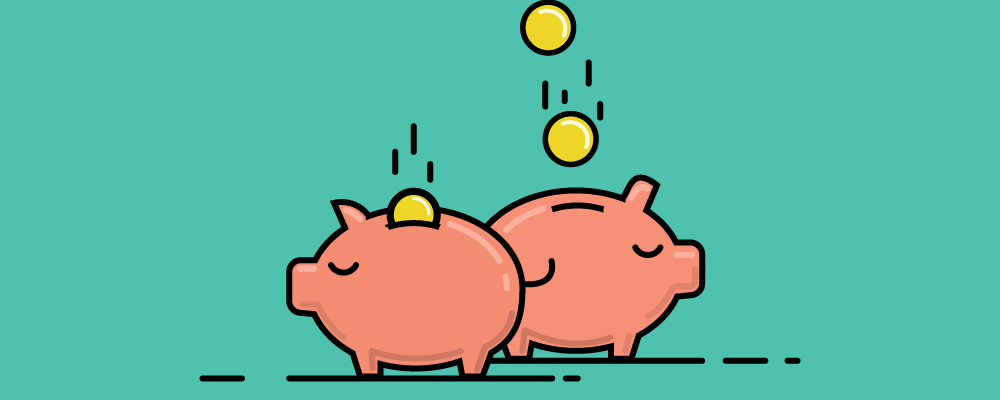
Design Credits: Sheetal Patil
Fixed returns and good interest rates are probably the two most common features which make Recurring Deposits and Fixed Deposits the most popular investment options for most Indians. These investment options are ideal for those who have a lower income and a lower risk appetite.
Both Recurring Deposits and Fixed Deposits give you guaranteed returns at the end of their tenure. Except that for Fixed Deposits, the interest is credited on a monthly or quarterly or annual basis, but for Recurring Deposits, the interest is paid along with the capital amount on maturity.
This is one of the better-known differences between Recurring Deposits and Fixed Deposits. But are you aware of other differences between the two?
We’re going to throw some light on this, to help you take a call, if you ever decide to invest in either.
| Features | Fixed Deposit | Recurring Deposit |
| Tenure | Generally for FD accounts, the tenure ranges from seven days to 10 years. You can choose the tenure as per your need. | The tenure for an RD account varies from six months to 10 years. |
| Investment amount | You can choose to deposit a lump sum amount and keep earning interest on it. | You need to deposit a fixed amount at regular intervals (usually every month) |
| Investment Limit | The maximum limit that you can deposit in an FD account is Rs. 1.5 lakhs. There is no minimum limit, though some banks may require a minimum deposit of Rs. 500. | The maximum limit that you can deposit is Rs. 15 lakhs per month. If you open an RD account in a post office, you can even do a minimum deposit of Rs. 10. |
| Interest Rate | The interest rate generally varies from 8% to 8.5%. The interest rate depends on the capital amount and tenure opted for. Generally, the interest rate is higher than that of an RD. | The interest rate generally varies from 8% to 8.5%. The interest rate depends on the tenure and monthly investment amount. |
Recurring Deposits are ideal investment options for those who do not have a lump sum of money to invest in a Fixed Deposit. It’s a monthly investment which helps you save with less financial strain and gives almost the same returns as a Fixed Deposit.
Additional Reading: Use Your Fixed Deposit To Get A Car Loan
Calculate your monthly expenditures and your financial requirements, then decide if you wish to invest in an FD account or RD account.
If you happen to be looking for investment options, we’ve got a few for you.